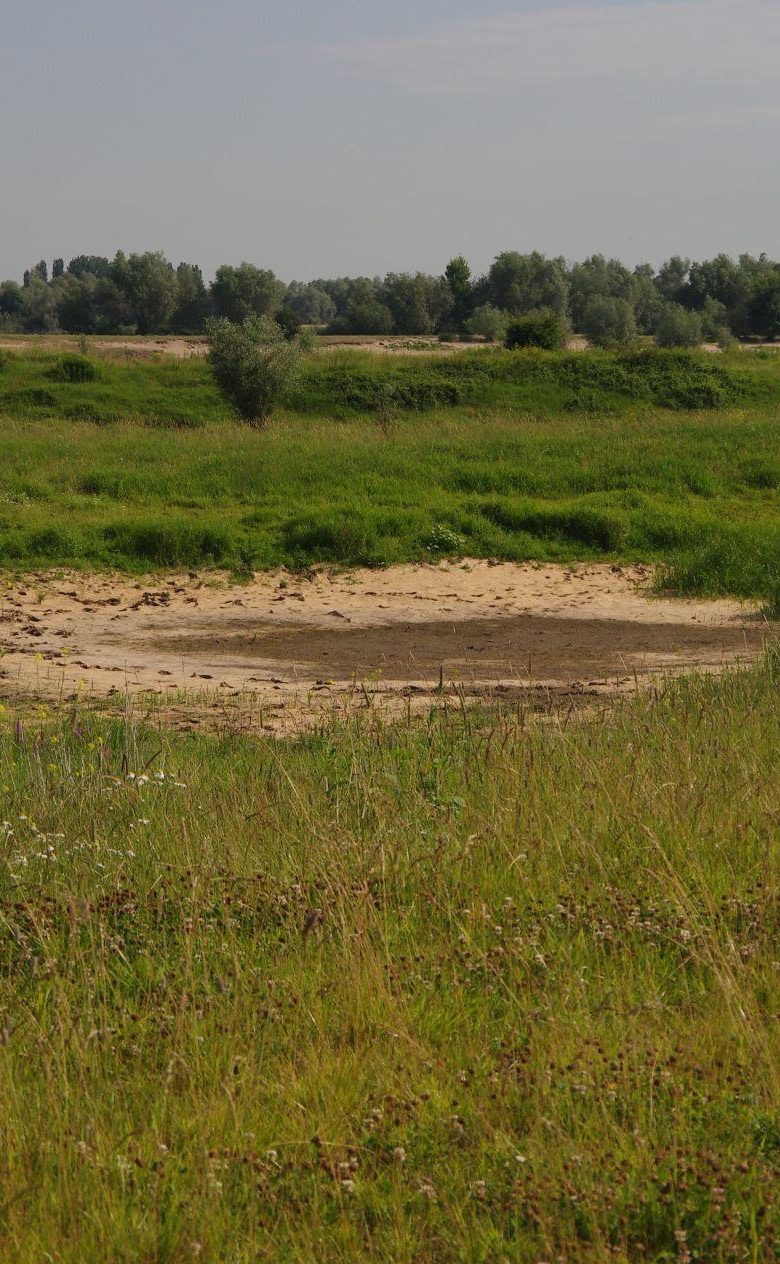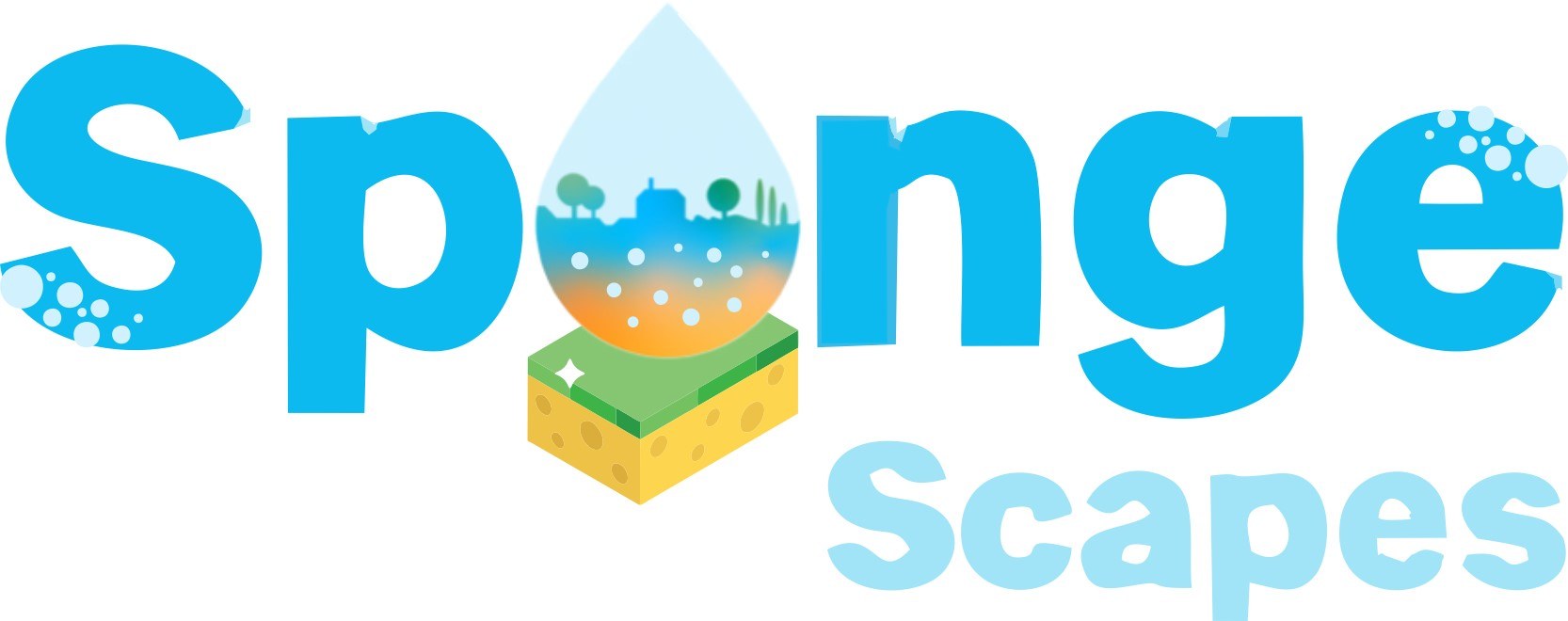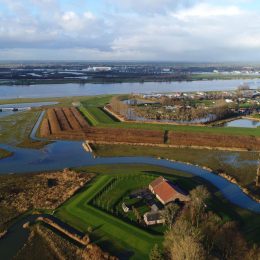SpongeScapes project officially kicks off
The SpongeScapes Project, which accelerates solutions that improve sponge functioning of the soil, groundwater, and surface water systems, officially started on 1 October. Funded by the European Union as part of the Horizon Europe programme, the project brings together ten European partners. Deltares is responsible for the coordination of the project, which will run until 2027.

About SpongeScapes
SpongeScapes will help improve the resilience of landscapes against hydrometeorological events, such as floods and droughts. It focusses on the potential use of natural water retention measures for improving groundwater, soil, and surface water retention capacities throughout Europe. The project will assess both the functioning of individual ‘sponge solutions’ and methods to define overarching ‘sponge strategies’ via co-design with stakeholders.
Ten European partners, along with local stakeholders linked to 14 case studies, will strengthen the evidence base and improve methods for modelling and implementing these measures at landscape scale. The Natural Water Retention Measures (NWRM) database, which features 140 recorded case studies, will be updated and upgraded to form a major knowledge hub for practical knowledge on these nature-based solutions. It will also include information on approaches for implementation and maintenance. So-called ‘sponge-days’ and local workshops will be organised throughout the course of the project to disseminate key findings and results.
Coordination by Deltares
The project will be coordinated by Deltares, and be delivered together with our partners Oieau, CEH, LUH, UniPD, Etifor, ARSO, UL, WWF-GR and WULS.
All partners will provide detailed cases studies containing grounds for further in-depth analysis. In addition to coordinating the project, Deltares is also responsible for providing quantifying techniques that enable upscaling from individual sponge solutions to overarching sponge strategies.
Next steps
The project will kick off in earnest later this month, when representatives from the different European partners will gather in Delft to discuss details of the different aspects of the project. Topics will include how the existing 140 cases on the NWRM database will be revisited and evaluated, which indicators will be used to define effectiveness of the individual solutions, which modelling tools will be used by partners for the upscaling and identifying the needs of the stakeholders linked to the 14 in-depth case studies.



